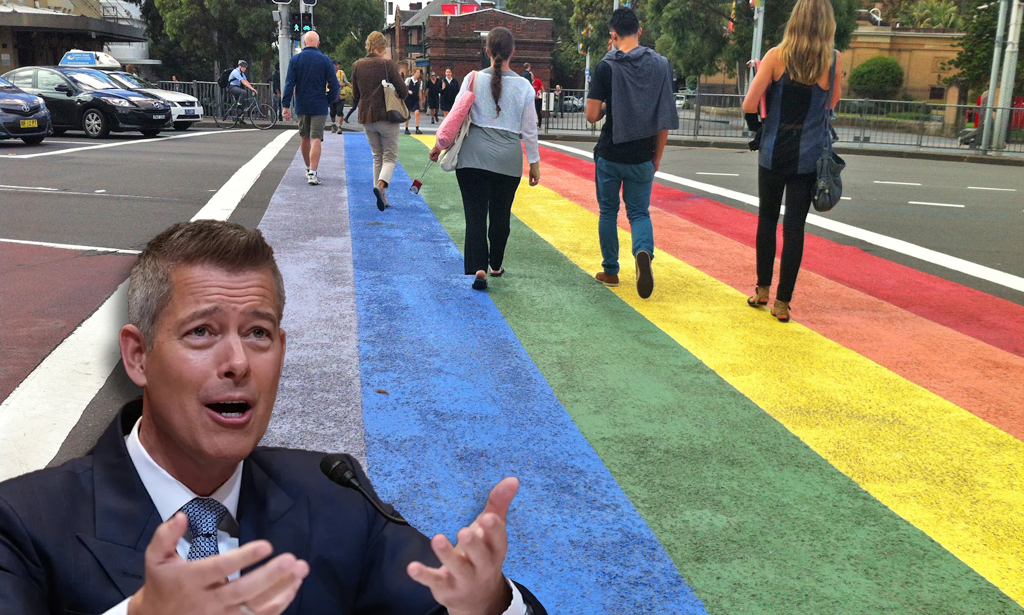Today we're going to go just a bit off-topic and look at a post from Streetsblog Network member Aaron Renn on his blog The Urbanophile about "The New Grass Roots." It examines in depth a few things that are near and dear to our hearts here at Streetsblog and the The Open Planning Project, including the ability of the Internet to transform the public policy debate:
Photo by aussiegall via Flickr.
The notable thing is that someone who is grass roots can now get a message out in a way that matters. If bloggers aren't directly influencing policy and decision making, they can at least be part of setting the topic and parameters of civic discourse and debate. That's an amazing thing if you think about it. Even ten years ago if you wanted to be part of something like that, you had to have a platform to do it from (i.e., be part of the establishment). Today, if you have something compelling to say, you can put it out there and with a modicum of self-promotion, your audience will eventually find you. In
the past you needed a platform to get your message out. Today, your message becomes the platform. That's a radical sea change and I don't think we know the full implications yet.
In a second post elaborating on how grass-roots networks and open-source economic development models can help make better cities, Renn concludes:
[W]hat does civic leadership need to do to take advantage of this? Partially, the beautiful answer is Nothing. The great part of a bottom-up movement is that it doesn't require anything from the top. The types of networks that are being created will generate their own value. Indeed they are formed because they provide value to the people who participate...
So while cities don't need to doanything to exploit these networks, they should certainly be encouraging them to form. If these types of robust blogs, locally oriented social networks, and open source support organizations aren't forming, that's a big point of concern. On the other hand, civic leadership should take care not to smother them with too much unwanted or unneeded "help". Sometimes the best policy is hands off.
But I do think there is opportunity for active collaboration between the establishment, or what we might think of as top-down leadership, and the new grass roots, or what we might call the bottom-up world.
One network that's doing a lot of interesting work in this area is DIYCity, "a site where people from all over the world think about, talk about,
and ultimately build tools for making their cities work better with web technologies." They've got dozens of chapters in cities from Capetown to New Orleans to Manila.
Our own national blog network brings together, literally on the same page, more than 270 bloggers who write about sustainable transportation and development issues. Take a look. If you know of a blog that should be there and isn't, click the "Nominate a blog" button at the top of the page and fill us in. And if you're a Twitter kind of person, you can always find us there.





